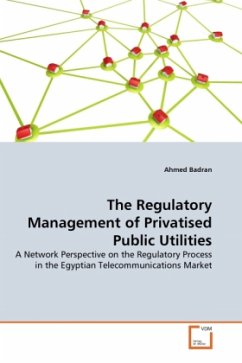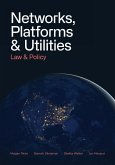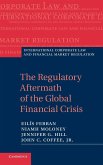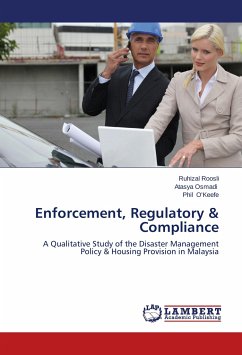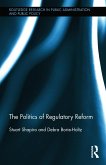This book adopts a network theory approach to elaborating regulatory processes for telecommunications in Egypt. In particular, it suggests networks can capture the change from an integrated system of regulation of provision to one of interaction between stakeholders from across the public and private sectors and non-linearity in regulatory developments. This is essential for describing the transformation of the regulatory system in Egypt, which has not followed a process of top-down change but rather has responded to multiple sources of pressure. A combination of qualitative and formal network analytical techniques was used to examine the case of the telecommunications sector in Egypt. Based on empirical data collected from 44 interviews with different stakeholders the regulatory process and regulatory developments in this sector have been investigated in order to illustrate the consequences of the liberalisation process on the regulatory process and the way in which regulations are made and enforced. Formal network analysis has been conducted to map-out and visualise the changes in the network structure and to measure the properties of the studied networks.

